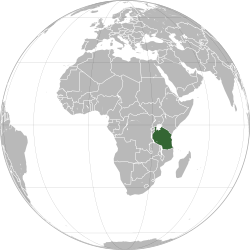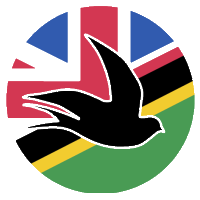Tanzania

The Tanzanian health care system provides care to a population of 63.5 million (94% that of the UK) over a land mass that is approximately four times larger than the UK. It does this with limited resources.
Whilst steady economic progress is being made, Tanzania is still classed as a Low Income Country.
There are approximately 400 specialist surgeons in Tanzania (across all surgical specialties, with approximately 150 general surgeons) compared with over 8,000 in the UK. Furthermore, a UK surgeon will receive over ten years of rigorous postgraduate training (6 of which are ‘higher surgical training’) whereas the specialist Tanzanian surgeon will pass through medical school and, after a period of varied general medical practice, will then subsequently receive three or four years of specialist training. Additionally, many common surgical procedures (for example caesarean section, laparotomy for ectopic pregnancy, hernia repair) are undertaken by other staff with no formal surgical training (either on-call MD doctors or AMO ‘doctors’).
Accordingly, there is a significant gap between the healthcare services provided in Tanzania and the UK.
Encouragingly, the Tanzanian healthcare system appears to be in a state of progression, evolution and development currently. However, this progress is limited by numerous factors including access to equipment, access to specialist education, and access to financial resources.
Recent visits have identified a number of specific areas where targeted assistance could enable significant improvements in surgical care. These observations and conclusions are very much in accordance with the discussions and recommendations found within the Lancet Commission on Global Surgery.
